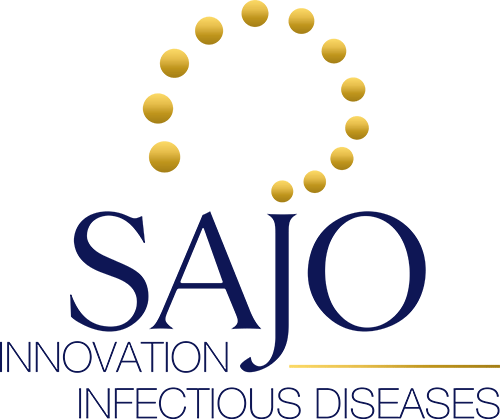There are three kinds of people dealing with the topic of vaccination: Proponents, opponents, and skeptics. The latter ones prompted us to this post.

1. The first group are the proponents.
The both of us belong to this species. Since we have been working in the field of virus research for more than 25 years, we have acquired significant knowledge of immunology; thus, we know why we consider vaccinations one of the most important inventions in human history.
Proponents consider the advantages of a vaccination over the actual disease. Advantages outweigh in any respect. Disease-associated risks are many times higher than those of a vaccine.

2. A second group calls themselves antivaxxers. They oppose any kind of vaccination. This group may be subclassified for their different underlying reasons.
2.1. The first subgroup is opposing vaccination because they consider these a non-natural interference with our bodies. They believe each person needs to go through a disease on his/her own. Obviously, this has an undertone of social Darwinism: If a person dies of an infectious disease, he/she was too weak. This sub-group does not (want to) see that globally too many people are dying of diseases such as measles or polio in a truly cruel dying process. Survivors of such severe diseases are marked for life. This kind of suffering is preventable.
2.2. The second subgroup is refusing vaccination for one simple reason: Vaccines may have side effects. Indeed, in very rare cases, vaccines might result in severe side effects (statistically, this affects one in a million vaccinated persons), in most cases side effects include swelling of the injection site, or a mild fever. However, the “side effects” of an infection are duly ignored by this group: Polio is leading to paralysis, measles induces encephalitis, mumps results in sterility, rabies and tetanus are inducing respiratory paralysis, human Papilloma viruses induce cervical cancer. What is more severe? The side effects of a vaccination or the effects of an infection? Should you want to answer this question, you will decide either to vaccinate or not to, and you will bear the consequences uncomplainingly.
2.3. A third subgroup is opposing vaccinations because they see them as an intrusion into their well-deserved right of physical integrity. The individual right of their own physical integrity weighs more than the same right of other people: Each year, there are 140,000 deaths of children due to measles virus infections. This disease is preventable by vaccination. Where is these dead children’s right of physical integrity? Please ask yourself.
2.4. The fourth subgroup finally is arguing with evil powers, who either want to impose control, or want to make money, or even want to destroy mankind. Maybe it is an extraterrestrial conspiracy, to colonize Earth, we do not know all the arguments. This subgroup belongs to the conspiracy-believers, a substitute religion for people who do not understand that things do happen for no reason. They are deeply frightened and escape into fairytales that offer a simple, black-and-white categorization of the complex problems of reality.

3. The third group are made up by the so-called vaccination skeptics. Skeptics are people who do not accept an opinion without questioning it. They want to know the background, they want to know the sources of the information. They want to make fact-based decisions. Thus, skeptics are studying trustworthy sources. These are scientific works that are openly accessible, as well as interviews with internationally acknowledged experts, clinical studies with thousands of participants; reputable media are explaining the scientific contents in an understandable fashion. This way, skeptics obtain a coherent picture of advantages and risks of vaccinations. Therefore, every true skeptic will immediately turn into a vaccination proponent. Thus, there cannot be a great number of “vaccination skeptics”. Whoever is calling him-/herself a skeptic after more than 48 hours, is merely deluding him-/herself.
Please, question yourself, and find out if your opinion is indeed based on facts. Sometimes it is necessary to have the courage to adjust the opinion.

Finally, one word about mandatory vaccination: In the case of COVID-19 this will not be needed. Most people still remember the scenes from Bergamo and New York. The majority will opt for a vaccination simply for reasons of their own health concerns or worries about economic and societal consequences. The relatively small portion of antivaxxers will not have an impact on vaccine-induced herd immunity.
In a future blog post we shall discuss the different vaccine strategies that are currently developed against SARS-CoV-2.
Stay tuned, and don’t forget: The pandemic is far from over. Stay alert and avoid unnecessary risks.

Yours,
Sabine and Joerg
Meet Sabine at XING: https://www.xing.com/profile/Sabine_Breun
Visit Joerg at LinkedIn: http://linkedin.com/in/jörg-baumann-phd-0710b11a3


